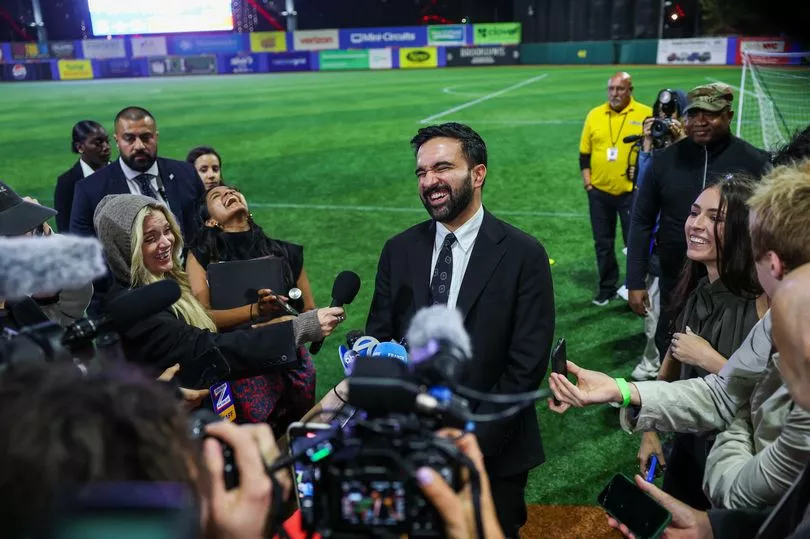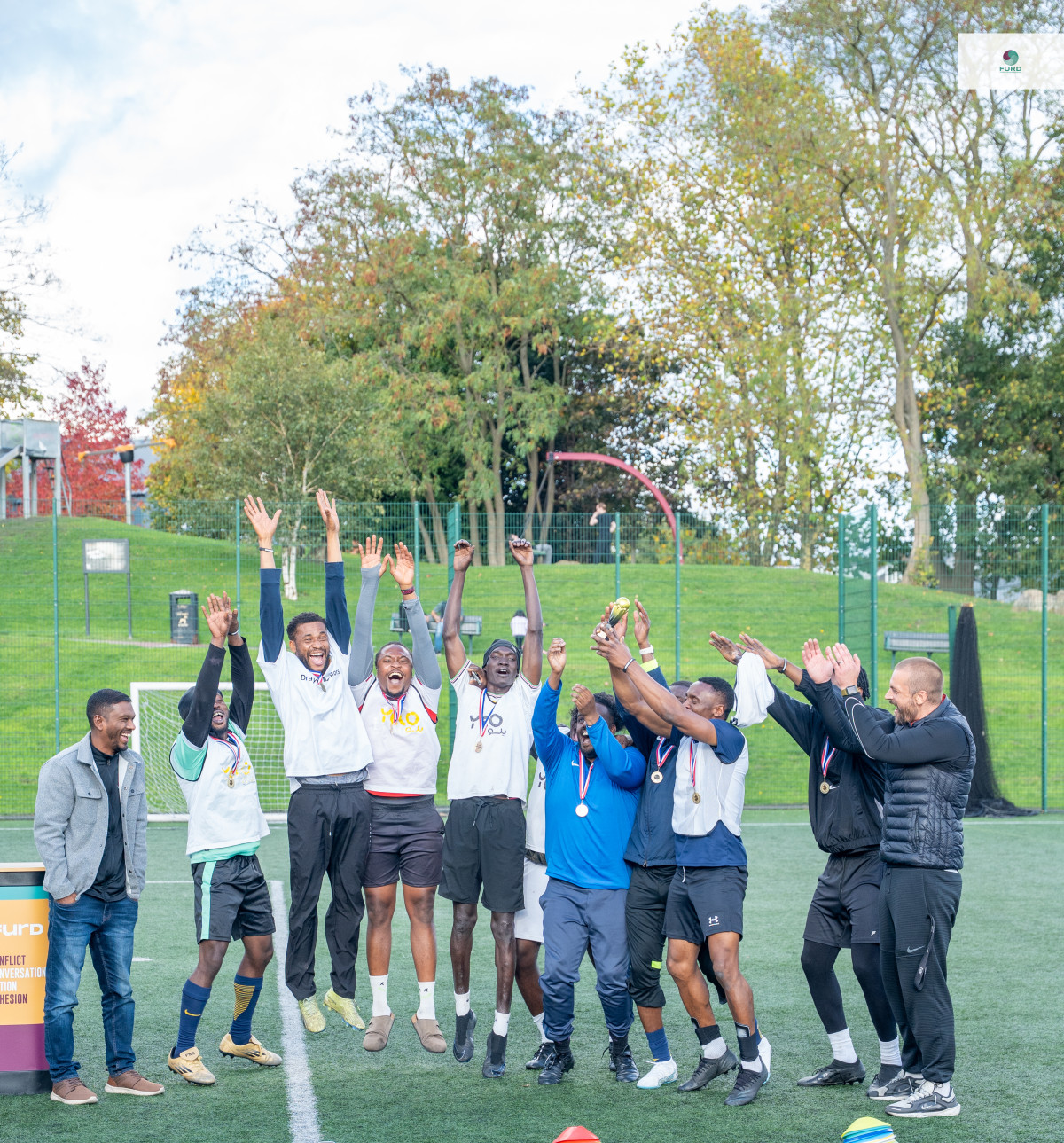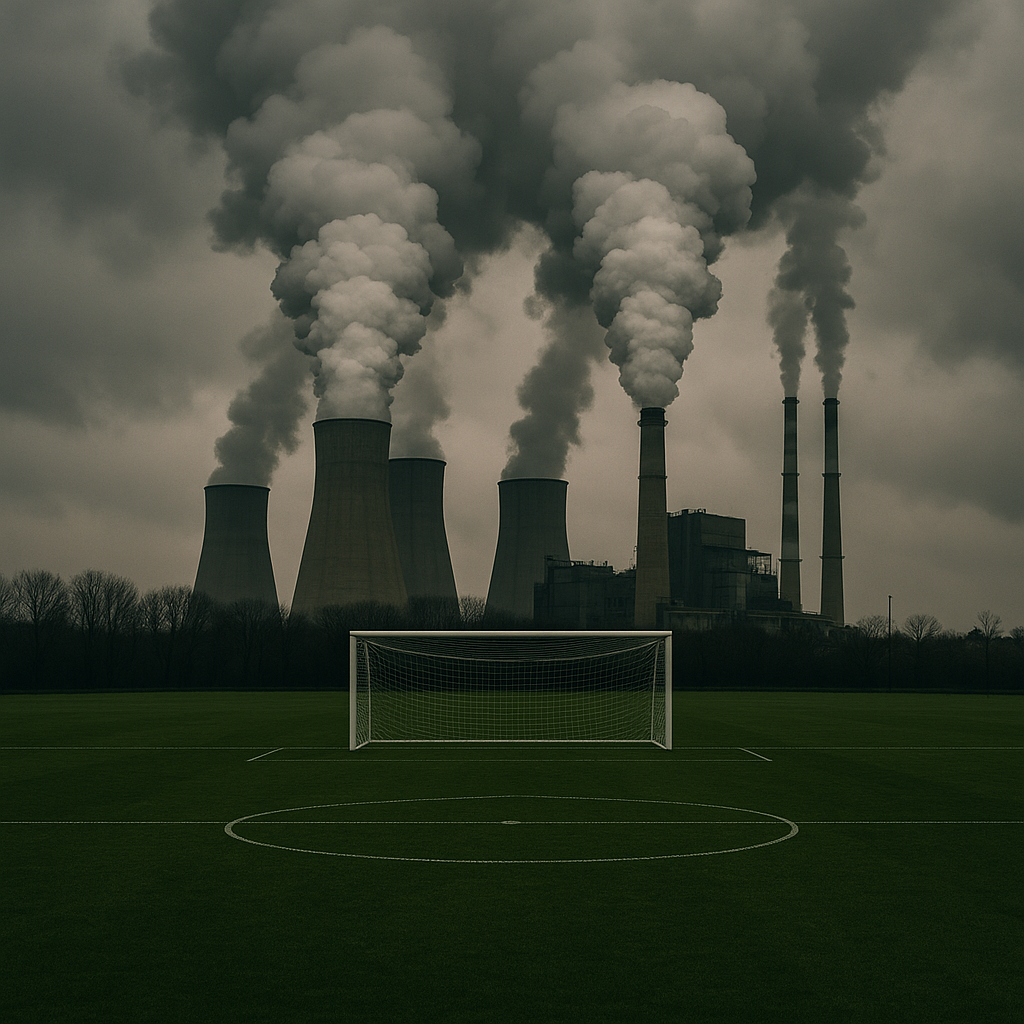It was while reading and watching the news reports about how 500,000 Rohingya Muslims had been forced to flee their native Myanmar that John McAree began thinking 'could football help somehow?'
It may seem a trite question in the face of the terrible suffering endured by the Rohingya community but, as the chair of an LGBT club, John knows more than most about the power of football to break down barriers and create social inclusion.
With his team, Dublin Devils, making plans for their involvement in the Football People action weeks, John decided to try to do something to raise awareness of the Rohingyas' plight, and picked up the phone.
"The idea we had was, with the refugee crisis which is going on in Myanmar, I wanted to try to do something - we have a group of refugees from there who are Rohingya Muslims," he said.
"Basically the idea was to have an event, whether it was a friendly XI-a-side or whatever, so I got in touch with SARI (Sport Against Racism Ireland) and they suggested trying to create a small tournament and get some more teams from the local community. It sort of just grew from there."
John found out the team was comprised of Rohingya refugees who had settled in Carlow, about 80 miles from Dublin, and decided to stage his tournament there.
"Over the past couple of decades there have been refugees coming to Ireland, and I think these particular refugees settled in Carlow a number of years ago," he said.
"I was looking at some pictures of an event for World Refugee Day when I found out about this community and their football team.
"There has been some small bits of news about them in the media, but I thought it would be good to try to raise awareness of what is going on and show solidarity with them.
"They have obviously been through a lot themselves, and there are obviously other refugees who are currently living in camps in Bangladesh after being forced out of their homes in Myanmar. They have been fleeing for their lives and are living in pretty rough conditions.
"Having the football tournament shows that they are living here, and I hope the tournament might help them to integrate a little better as well, if we can get more people from the local community participating and spectating, to make them feel more welcome here.
"Football is for everybody"
"The other thing is what Fare are trying to promote - that football is for everybody, and not just that there's no place for discrimination in the game, so that it can be used as a positive tool to help people integrate and build communities and friendships. There are multiple aspects to it."
Interest soon grew in the tournament with Cork's LGBT team, who have just celebrated their first birthday, also playing. John feels like whatever the issue, football is playing a key role in raising awareness and tackling discrimination.
"It's great to see over the last couple of years that there has been a huge rise in the number of LGBT fan groups in football," he said. "Sadly on social media you still see a lot of opposition and insults being thrown, but there's a lot of support out there as well and the clubs themselves seem to be supporting them too.
"Over the last six months we have been building a relationship with one of the League of Ireland clubs, Shelbourne FC. We played a match against a Shelbourne XI, made up with fans from their supporters groups and a few club legends were involved too. That took place in June and the opportunity to play at their home ground was amazing for us.
Whether it's helping refugees to integrate, or helping the LGBT community become more accepted, John thinks football represents "a double-edged sword" when it comes to discrimination.
"It is horrible to see some of the abuse that gets thrown around on social media," he says. "You would have thought society would have got past this by now. But at the same time, it is being highlighted and it's being called out.
"As we always say, people aren't born with hatred, it's something which is fed into them - whether it's through their social circle, from their family or fuelled by others online.
"A big part of football is rivalry, but when you start bringing in other things from outside of football, be that sectarianism or other forms of discrimination, it goes beyond football and into pure malice and hate. Of course you always want to beat the other team but, at the end of the day, if you start to hate them for who they are, that's just not right."
Simon Lansley for Fare





